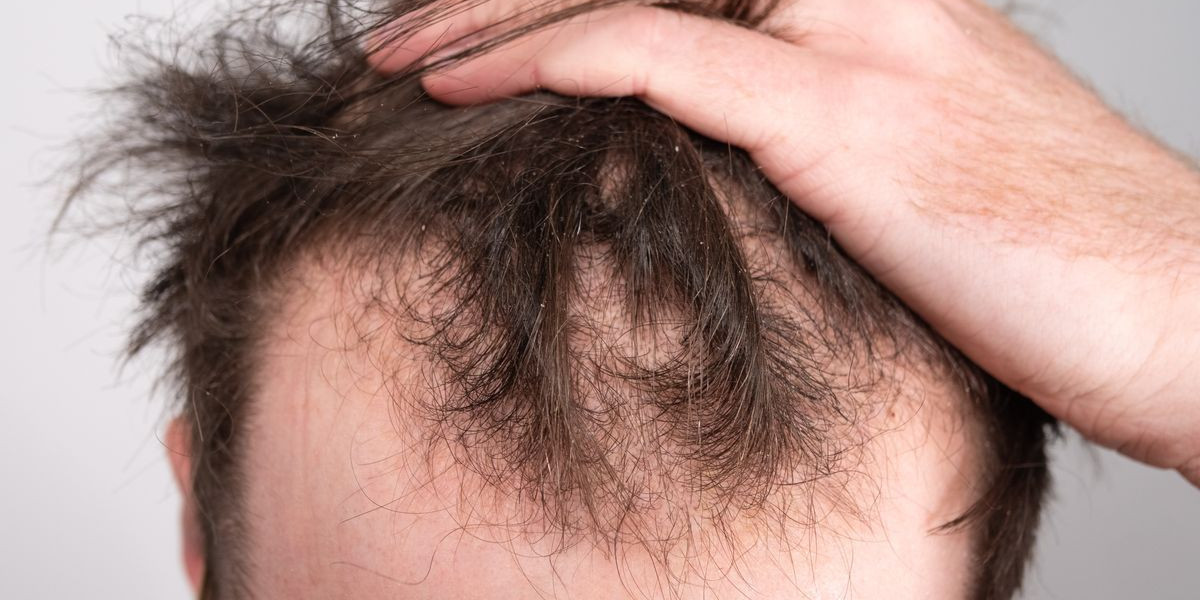Serving alcohol responsibly is more than just pouring drinks—it's about ensuring customer safety, maintaining compliance with laws, and protecting your business from potential liability. Whether in a restaurant, bar, or event venue, servers play a crucial role in preventing alcohol-related incidents. However, many establishments still struggle with common serving mistakes that can lead to serious consequences, including fines, customer harm, or loss of licenses.
In this blog, we'll explore the top alcohol serving mistakes made by servers and how certified servers use their training and knowledge to avoid them. Understanding these principles can help you maintain compliance, protect customers, and improve your establishment's reputation. For more information about alcohol training and certifications, visit getoshacourses.com to learn about comprehensive food safety certifications and responsible beverage service programs.
1. Serving Alcohol to Minors
One of the most serious and common violations in the hospitality industry is serving alcohol to underage individuals. Even one mistake can result in hefty fines, license suspension, or permanent closure of the business. Many minors use fake IDs or rely on inattentive staff to gain access to alcohol.
How Certified Servers Avoid It:
Certified alcohol servers are trained to recognize fake IDs and understand the legal consequences of serving minors. They know to:
Check every customer's ID, especially if they look under 30.
Verify birth dates carefully and use ID verification tools if available.
Follow strict policies that prohibit serving anyone without valid identification.
Training also emphasizes how to handle confrontational situations politely but firmly when refusing service.
2. Over-Serving Alcohol to Intoxicated Customers
Over-serving is another critical mistake that can lead to dangerous situations, including drunk driving accidents or altercations. Not only is it unethical, but it's also illegal in most states for servers to serve visibly intoxicated patrons.
How Certified Servers Avoid It:
Through food safety certifications and alcohol training, servers learn how to recognize signs of early intoxication—such as slurred speech, impaired coordination, or overly loud behavior. Certified servers:
Track how many drinks each guest consumes within a certain time frame.
Offer food or non-alcoholic beverages to slow down consumption.
Politely refuse service when a guest appears impaired, using de-escalation techniques taught in training.
These skills protect customers and reduce the establishment's liability.
3. Failing to Understand Alcohol Laws
Every state (and sometimes even each city) has its own alcohol serving laws regarding service hours, drink limits, and age verification requirements. Ignorance of these laws can result in severe penalties for both the server and the business.
How Certified Servers Avoid It:
Training programs provided through platforms like getoshacourses.com educate staff on both state and federal alcohol regulations . Certified servers are taught:
Legal hours of operation for alcohol service.
Local restrictions on drink promotions (such as “all-you-can-drink” specials).
The importance of maintaining proper records and incident logs.
By staying informed and compliant, certified servers help their establishments avoid costly legal issues.
4. Ignoring the Importance of Food Pairing and Safety
Serving alcohol without offering food increases the risk of over-intoxication, as alcohol is absorbed more rapidly on an empty stomach. Moreover, certain food pairings can help mitigate the effects of alcohol consumption and enhance the dining experience.
How Certified Servers Avoid It:
Certified servers with food safety certifications understand the relationship between food and alcohol. They:
Encourage guests to order appetizers or meals when consuming alcohol.
Recommend appropriate pairings (for example, wine with cheese or beer with savory dishes).
Ensure safe food handling practices to maintain overall guest health.
This not only promotes responsible service but also enhances customer satisfaction.
5. Poor Communication Among Staff
In busy environments like bars or restaurants, lack of communication can lead to accidental over-serving or serving minors. For instance, if one server doesn't know another has already served a customer several drinks, that guest may end up over-consuming.
How Certified Servers Avoid It:
Certified servers learn the importance of teamwork and communication during alcohol service. They:
Use a shared system to track drink orders and monitor each guest's consumption.
Communicate with bartenders, hosts, and managers to ensure consistent service.
Report any incidents immediately, such as fake ID attempts or disorderly conduct.
This structured approach reduces errors and enhances overall workplace efficiency.
6. Not Handling Difficult Situations Properly
Every server will encounter challenging situations—whether dealing with an angry guest, a guest who refuses to stop drinking, or a potential altercation. Handling these scenarios poorly can escalate conflicts and put the establishment at risk.
How Certified Servers Avoid It:
Through their training, certified servers gain skills in conflict resolution and responsible alcohol service. They learn to:
Approach situations calmly and respectfully.
Use non-confrontational language when despairing service.
Involve a manager or security personnel when necessary.
Knowing how to manage these interactions effectively ensures guest safety and prevents liability issues.
7. Improper Alcohol Measurement and Pouring
Over-pouring drinks can lead to higher intoxication levels, inconsistent taste, and loss of revenue for the business. Under-pouring, on the other hand, frustrates customers and harms reputation.
How Certified Servers Avoid It:
Certified servers are trained to follow standard pouring techniques and use measured tools like jiggers to ensure consistency. Training also emphasizes the importance of knowing drink recipes and standard serving sizes for wine, beer, and spirits.
Proper measurement protects guests, ensures consistency, and helps maintain accurate inventory records.
8. Not Monitoring Guest Behavior
Servers have a legal and moral duty to monitor how alcohol consumption affects their guests. Ignoring changes in a guest's behavior can lead to dangerous situations such as accidents, fights, or alcohol poisoning.
How Certified Servers Avoid It:
Through proper alcohol service training, servers learn to identify changes in behavior, such as increased aggression or impaired judgment. Certified servers also:
Encourage guests to pace themselves.
Offer to call a taxi or ride service for intoxicated guests.
Notify management if a situation begins to escalate.
Proactive monitoring is a key skill that separates trained professionals from untrained staff.
9. Improper Documentation and Reporting
Failing to document alcohol-related incidents, such as refusing service or removing a guest, can put a business at risk if legal issues arise later.
How Certified Servers Avoid It:
Certified servers are taught to maintain detailed records of all incidents involving alcohol service. This documentation includes the date, time, names of those involved, and actions taken. These reports protect both the employee and the establishment if future disputes occur.
10. Lack of Ongoing Training
Alcohol laws and regulations change frequently, and servers must stay up-to-date with new compliance requirements. Many establishments fail to provide continuous training, which leads to outdated practices and increased risks.
How Certified Servers Avoid It:
Certified professionals renew their training periodically through programs like those offered on getoshacourses.com. Ongoing education ensures they remain current with laws, safety protocols, and best practices for responsible alcohol service.
Conclusion
Serving alcohol responsibly is a serious responsibility that requires awareness, training, and professionalism. The most common serving mistakes—such as over-serving, neglecting ID checks, or mishandling intoxicated customers—can easily be avoided with proper certification and education.
By obtaining food safety certifications and completing responsible alcohol service training, servers gain the skills to handle these situations with confidence and compliance. For comprehensive training resources and certification programs, visit getoshacourses.com .
Certified servers not only protect their customers but also contribute to a safer, more responsible hospitality industry—one drink at a time.










